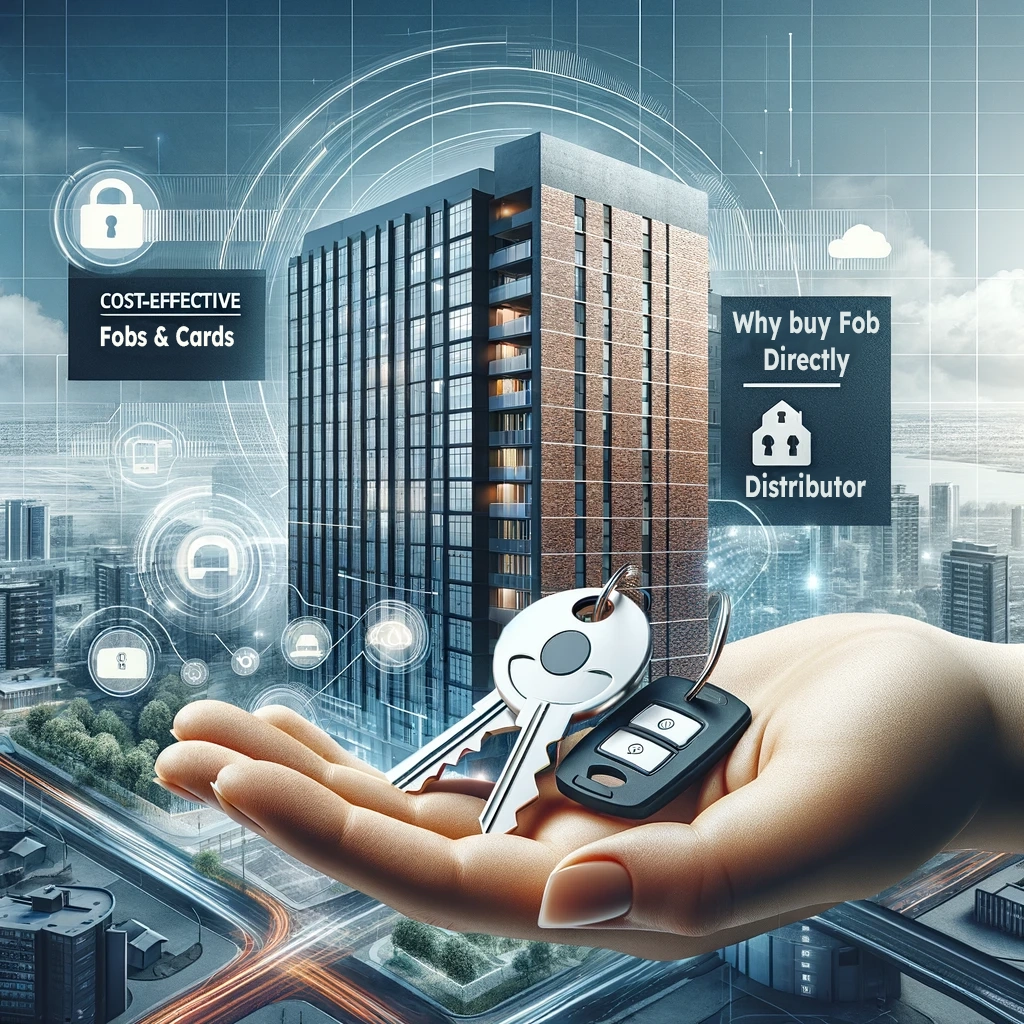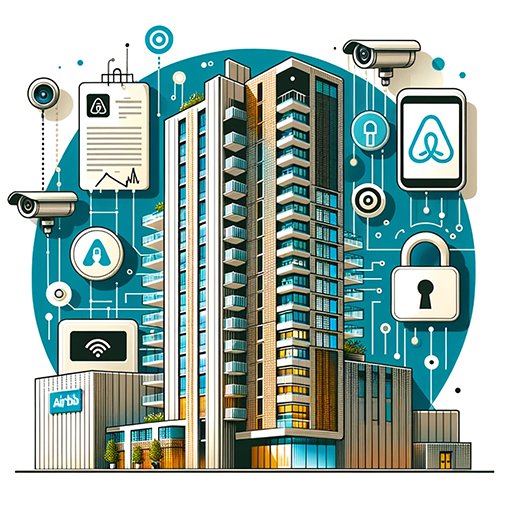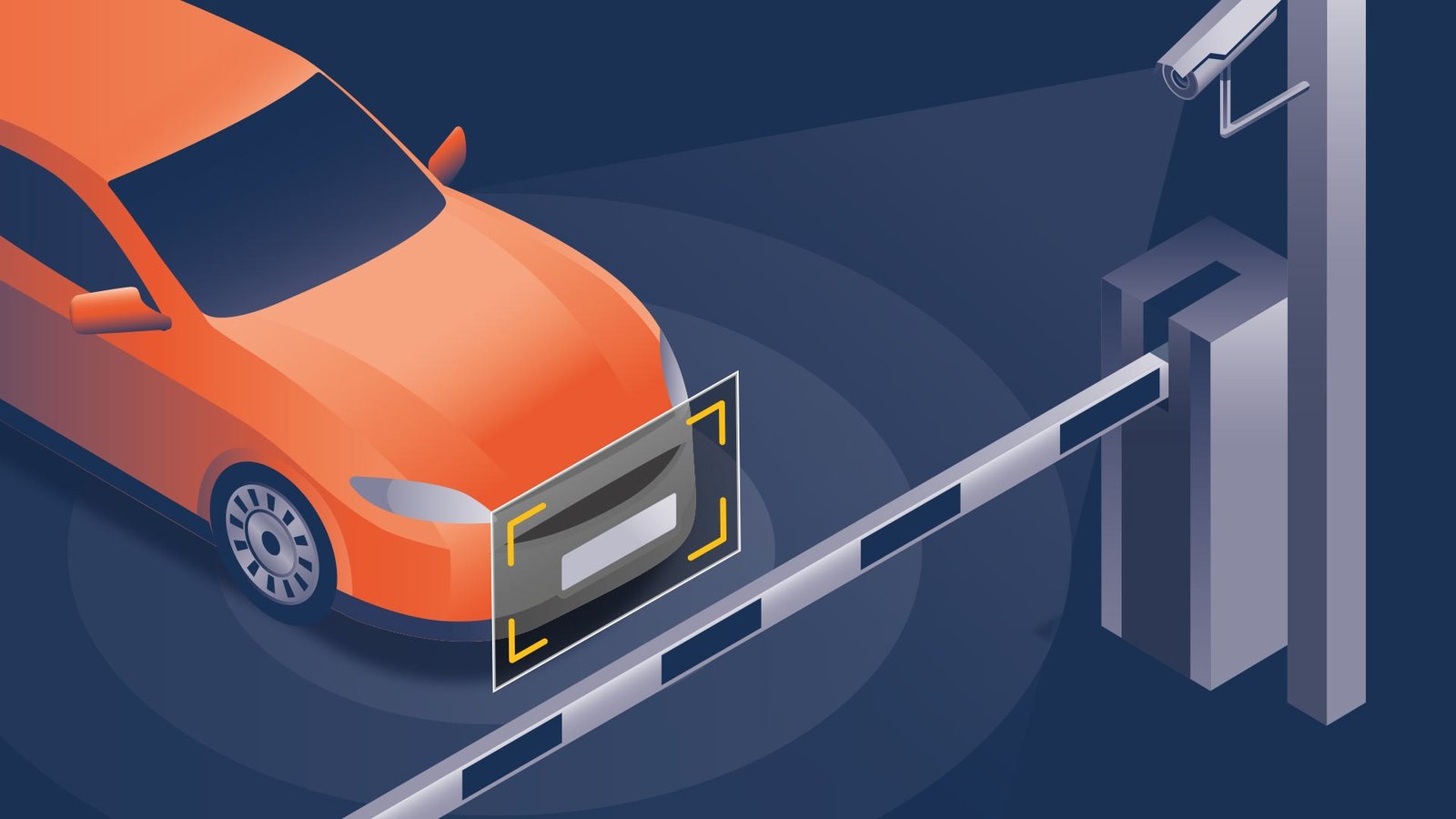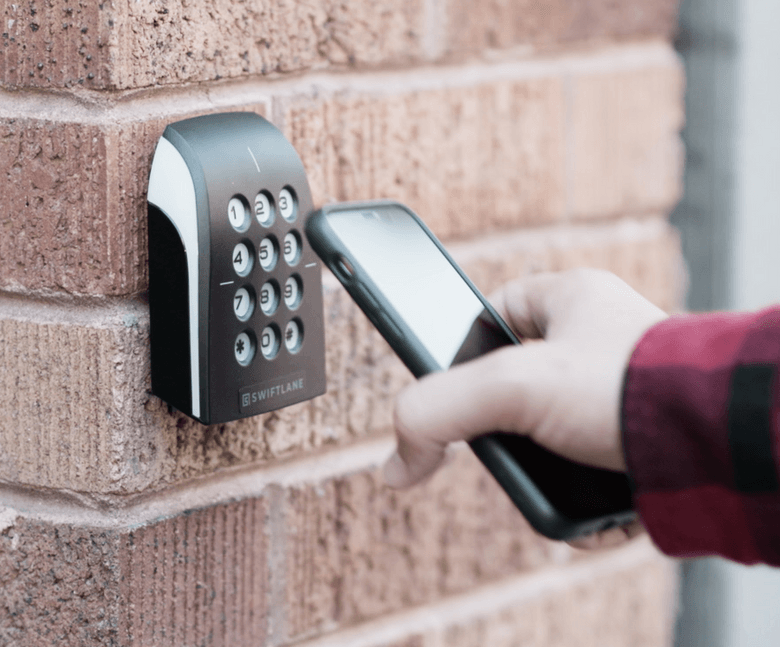Introduction
In today’s world, hotel security is paramount for ensuring the safety and comfort of guests.
An effective access control system can provide a strong foundation for hotel security.
This article will explore various aspects of access control systems for hotels, including the benefits, types, key features, and implementation best practices.
Benefits of Access Control Systems for Hotels
Enhanced Security
Access control systems offer a higher level of security than traditional lock-and-key mechanisms. They restrict access to authorized individuals, ensuring that unauthorized persons cannot enter restricted areas.
Improved Guest Experience
A seamless access control system allows guests to easily enter their rooms and other hotel facilities without the need for physical keys.
This enhances the guest experience by offering convenience and reducing wait times.
Efficient Staff Management
Access control systems can streamline staff management by granting different levels of access to various employees.
This ensures that staff members can only access areas relevant to their job responsibilities.
Reduced Operating Costs
Electronic access control systems eliminate the need for physical key replacements, reducing operating costs.
They also offer centralized management, making it easier to track and monitor access events.
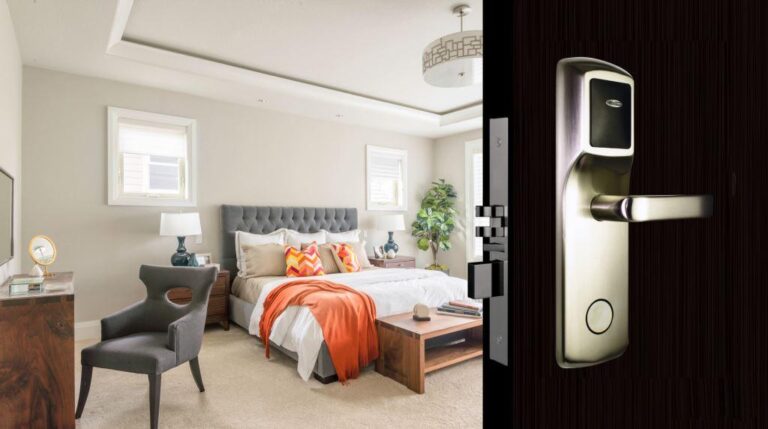
Types of Access Control Systems for Hotels
Proximity Card Systems
Proximity card systems use RFID technology to allow guests and staff to access hotel facilities.
Users simply need to hold their cards near the reader to unlock doors.
Smart Card Systems
Smart card systems utilize a microprocessor embedded within the card.
They provide enhanced security features, such as encryption and two-factor authentication, to ensure a higher level of access control.
Mobile Access Systems
Mobile access systems leverage smartphones and mobile apps for granting access.
Guests can use their smartphones to unlock doors, simplifying the check-in process and eliminating the need for physical keys.
Key Features of Access Control Systems for Hotels
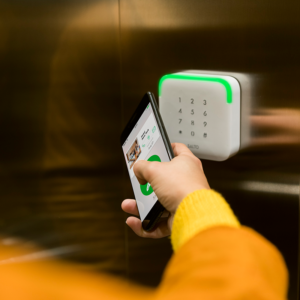
Customizable Access Levels
Access control systems allow for the customization of access levels, ensuring that staff members and guests have the appropriate permissions.
Centralized Management
A centralized management system enables hotel management to monitor and control access throughout the property from a single interface.
Integration with Other Systems
Access control systems can be integrated with other hotel systems, such as property management systems (PMS) and security cameras, to streamline operations and enhance security.
Audit Trails and Reporting
Access control systems offer comprehensive reporting capabilities, allowing hotel management to track access events and generate detailed audit trails.
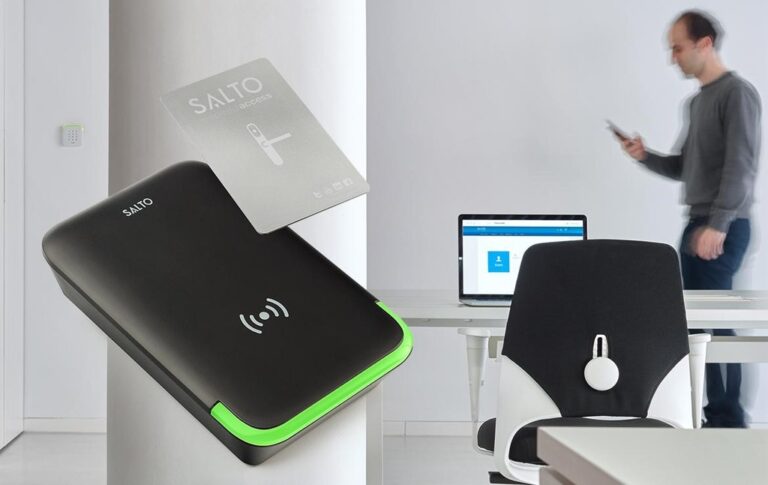
Implementation Best Practices
Assess Your Hotel’s Needs
Before implementing an access control system, it’s crucial to assess your hotel’s specific security requirements. This includes evaluating the size of the property, number of rooms, and desired security features.
Choose the Right System
Select an access control system that aligns with your hotel’s needs and budget. Consider factors such as scalability, ease of use, and compatibility with existing systems.
Partner with a Reputable Provider
Choose a reputable provider with a proven track record in the industry. This will ensure that you receive a high-quality system and reliable support.
Train Staff
Properly train hotel staff on the use and maintenance of the access control system. This will ensure that the system operates effectively and that staff can quickly respond to any issues.
Regularly Review and Update
Periodically review and update the access control system to maintain its effectiveness. This includes updating software, replacing worn components, and reevaluating access levels.

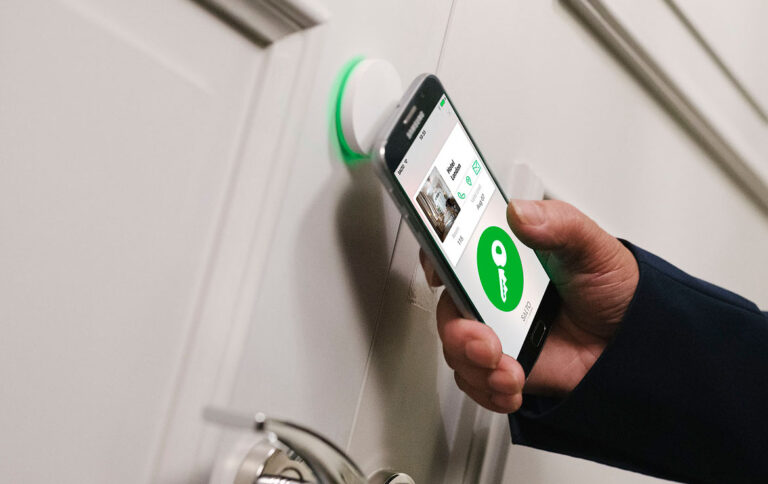
Conclusion
Implementing a robust access control system is essential for enhancing hotel security and improving the overall guest experience.
By understanding the benefits, types, and key features of various access control systems, hotel owners and managers can make informed decisions about the best solution for their properties.
In addition, following best practices for implementation and maintenance will ensure the system’s effectiveness and longevity.
Ultimately, a well-designed and properly managed access control system will contribute to the safety and satisfaction of guests, staff, and hotel management alike in Sydney, Melbourne, and across Australia.


